
This logo isn't an ad or affiliate link. It's an organization that shares in our mission, and empowered the authors to share their insights in Byte form.
Rumie vets Bytes for compliance with our
Standards.
The organization is responsible for the completeness and reliability of the content.
Learn more
about how Rumie works with partners.
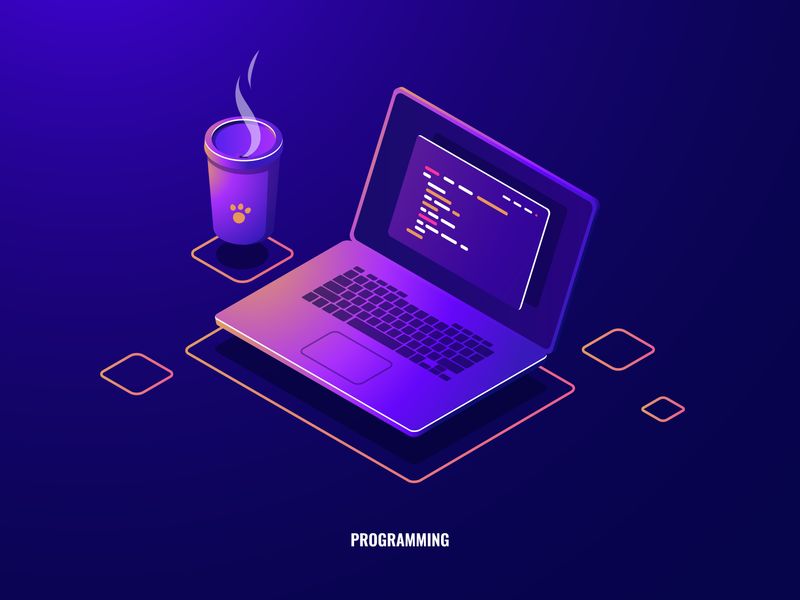
Have you ever experienced frustration and confusion while coding?
If you need a boost of creativity or assistance in understanding existing code, you might feel that AI tools like ChatGPT have got you covered.
It's crucial to understand the limitations of ChatGPT. While it can be a fantastic aid, it's not infallible. It's important to combine its suggestions with your critical thinking, review, and domain knowledge to ensure the quality and correctness of the code.
Explore the pros, cons, and best practices of using ChatGPT to write code, so you can make the most of this tool while being mindful of its limitations.
My journey of learning to code with ChatGPT
About two months ago, I was excited to start learning to code, even though I didn't know much about it. So, I decided to get help from ChatGPT.
I was surprised by how amazing it was! It could write pieces of code for me, explain how they work, and even give suggestions to make them better. It felt like having my own coding tutor right there with me.
I felt I could be a programmer just by learning code from ChatGPT.

As I dove into using ChatGPT, I relied heavily on its code suggestions. It was exciting to see lines of code magically appear before my eyes, seemingly solving problems effortlessly.
I felt I was making progress and becoming a proficient coder — without testing the code in real contexts.
But one day, I decided to put ChatGPT's generated code to the test. I asked my friend, an experienced programmer, to run the code on a real system.
It didn't work as expected. The code had some critical flaws, and the program crashed. We tried with another code generated by ChatGPT and that worked. I realized that relying solely on ChatGPT's code output was not enough.
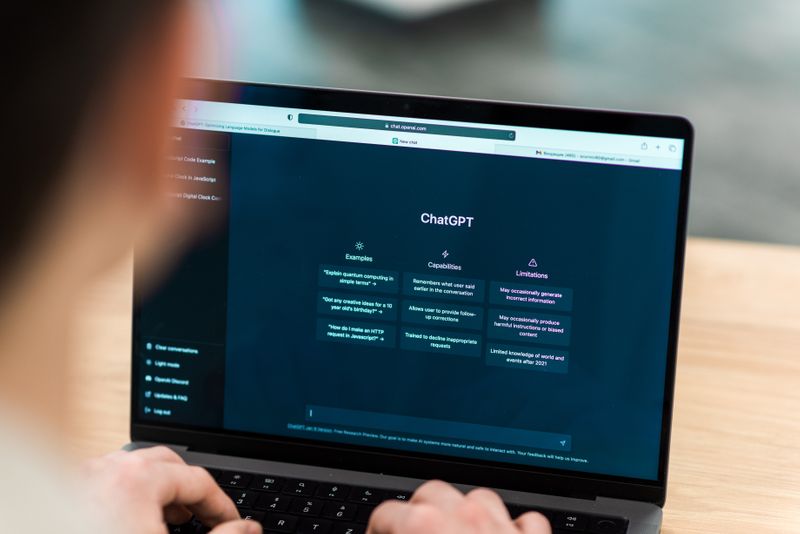
This experience made me realize the limitations of ChatGPT as a coding tool. While it can generate code snippets and offer suggestions, it lacks the contextual understanding and project-specific knowledge that a human programmer possesses.
It's like having a language translator who might occasionally miss nuances or cultural references.
Does ChatGPT really know how to code?
I asked ChatGPT: "From where do you grab the information or data when I ask you to write any specific code?"
Here is the answer it gave me:
It's important to note that ChatGPT is a machine-learning model and has its limitations. While it can generate impressive and useful responses, it may occasionally produce inaccurate or nonsensical outputs. It does not possess true understanding or consciousness but relies on patterns in the data it was trained on.
This is why it's essential to review, validate, and test the code generated by ChatGPT using your own critical thinking and expertise.

What are the specific limitations of ChatGPT coding?
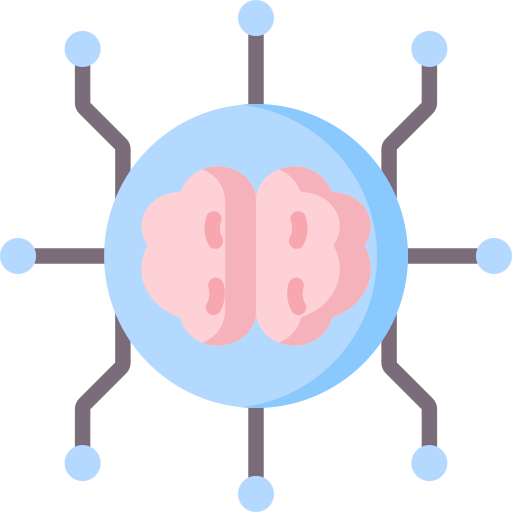 Lack of Contextual Understanding
Lack of Contextual Understanding
ChatGPT may struggle to understand the specific context, requirements, or constraints of your project.
It might not consider the bigger picture or domain-specific considerations, leading to code suggestions that may not align with your goals or produce optimal results.
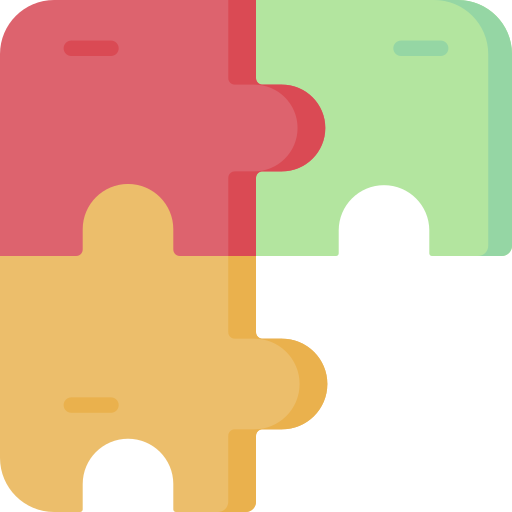
Incomplete Knowledge and Narrow Training Data
ChatGPT's training data includes a vast amount of text from various sources, but it may not cover all programming languages, frameworks, or niche domains.
This can result in incomplete or inaccurate code suggestions, especially in less commonly used or specialized areas.
 Limited Real-Time Updates
Limited Real-Time Updates
ChatGPT doesn't have direct access to the internet or real-time code repositories, which means it may not be up-to-date with the latest programming practices, libraries, or frameworks.
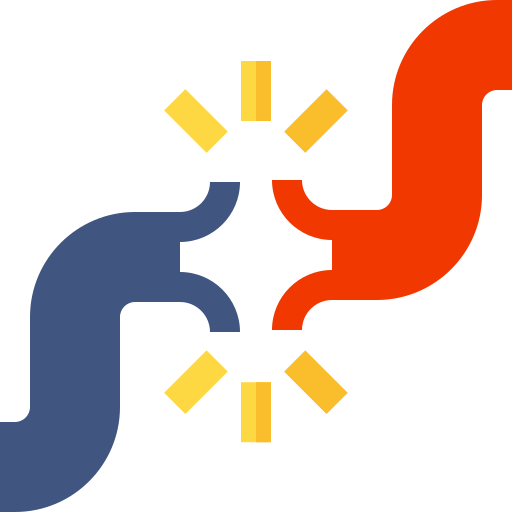
Potential Inaccuracies and Logical Errors
While ChatGPT aims to generate syntactically correct code, it's not perfect and can produce code with logical errors.
It's important to review and validate the generated code to ensure its correctness and address any potential issues.
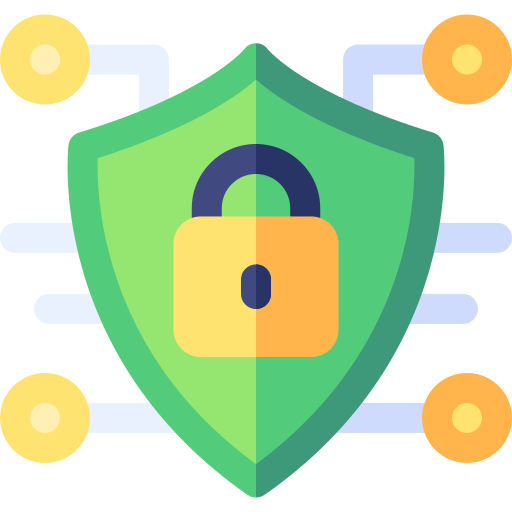
Security and Privacy Concerns
How can you use ChatGPT to write code, then?
You can use ChatGPT with your domain knowledge while being aware of its limitations.

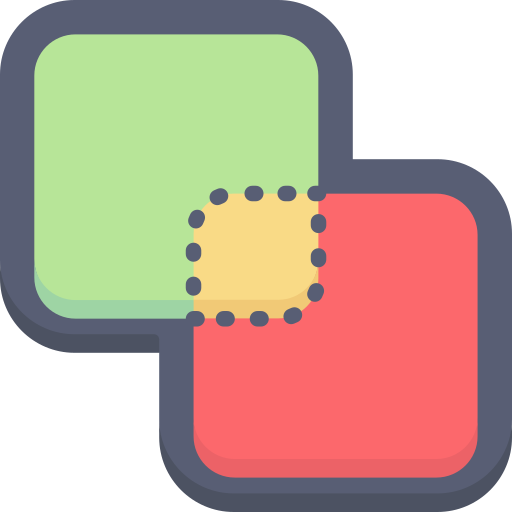
Combine ChatGPT with Your Expertise
Ues ChatGPT as a complementary tool to leverage its code generation capabilities while incorporating your own domain knowledge and expertise.
Consider it as a collaborative aid rather than a substitute for your skills and understanding of the problem.
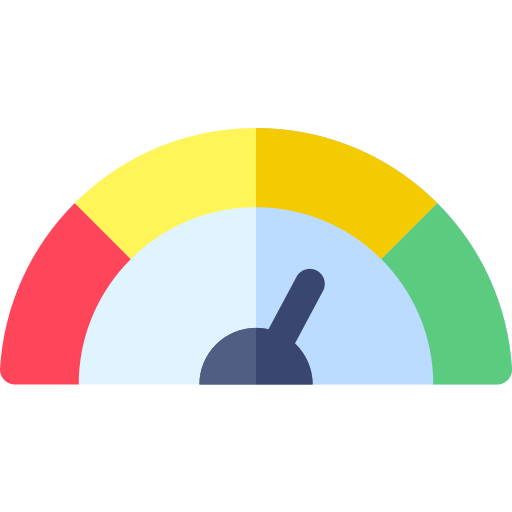 Understand the Limitations of ChatGPT
Understand the Limitations of ChatGPT
Familiarize yourself with the limitations of ChatGPT in terms of accuracy, contextual understanding, and knowledge gaps.
Recognize that ChatGPT's suggestions may not always align with your specific project requirements or domain-specific practices.

Validate and Review Generated Code
Take responsibility for critically reviewing and validating the code generated by ChatGPT.
Use your knowledge and experience to assess the logic, efficiency, and adherence to best practices.
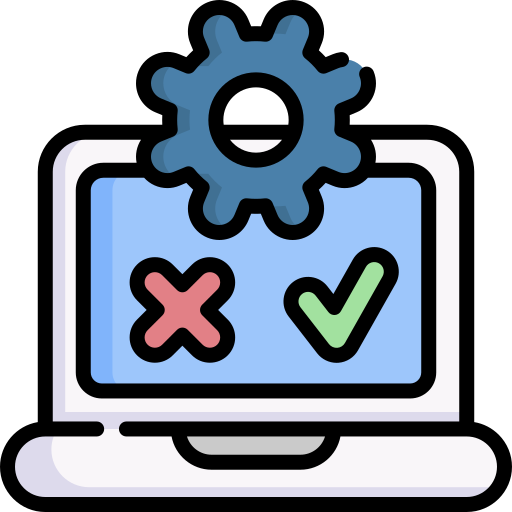 Test Rigorously
Test Rigorously
Thoroughly test the generated code to ensure it functions as intended and produces the expected results.
Create comprehensive test cases that cover various scenarios and edge cases to uncover any potential issues or bugs.
Stay Updated on Latest Practices
Did you know?
By leveraging your experience and critical thinking abilities, you can create code that is not only functional but also efficient, maintainable, and aligned with specific project requirements, which may not be fully captured by ChatGPT
Making the most of ChatGPT coding assistance
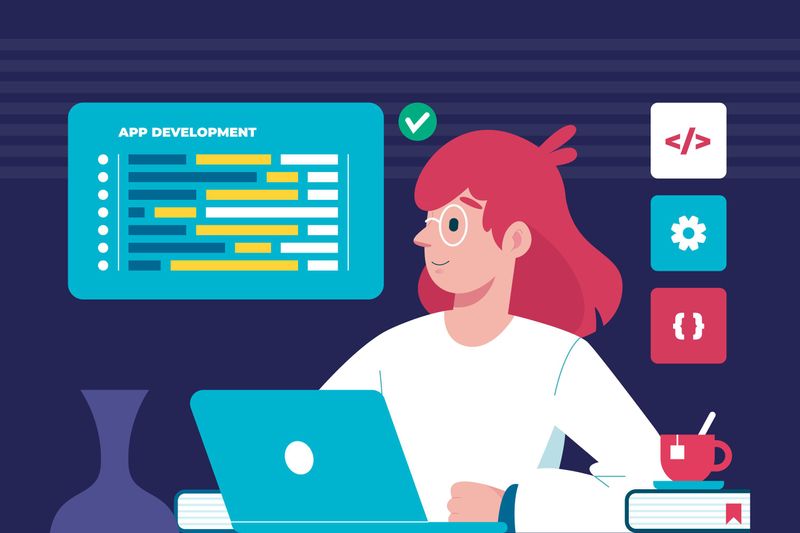
Imagine you're working on a coding project. You've been using ChatGPT to help you with code generation.
You're developing a web application and need to implement a secure user authentication system. You decide to seek assistance from ChatGPT to generate the code for this functionality.
Which of the following statements accurately reflects the limitations of ChatGPT in this scenario?
A. It can generate code for secure user authentication with full consideration of all security vulnerabilities and best practices.
B. It may generate code for user authentication, but it can't account for all security vulnerabilities or industry-specific best practices.
C. It is capable of generating code that covers all aspects of secure user authentication, including industry-specific compliance requirements.
D. It can generate code for user authentication, considering all potential security vulnerabilities and industry-specific best practices, with a high degree of accuracy.
Quiz
Select the most accurate answer that reflects the limitations of ChatGPT in the above scenario.
ChatGPT's training data may not cover all security vulnerabilities or industry-specific best practices, making it essential for the programmer to review and validate the generated code.
Take Action

Use ChatGPT as a learning tool to understand coding concepts, algorithms, and best practices:
This Byte has been authored by
Rajveer Kaur
Grad Student- Instructional Technology
